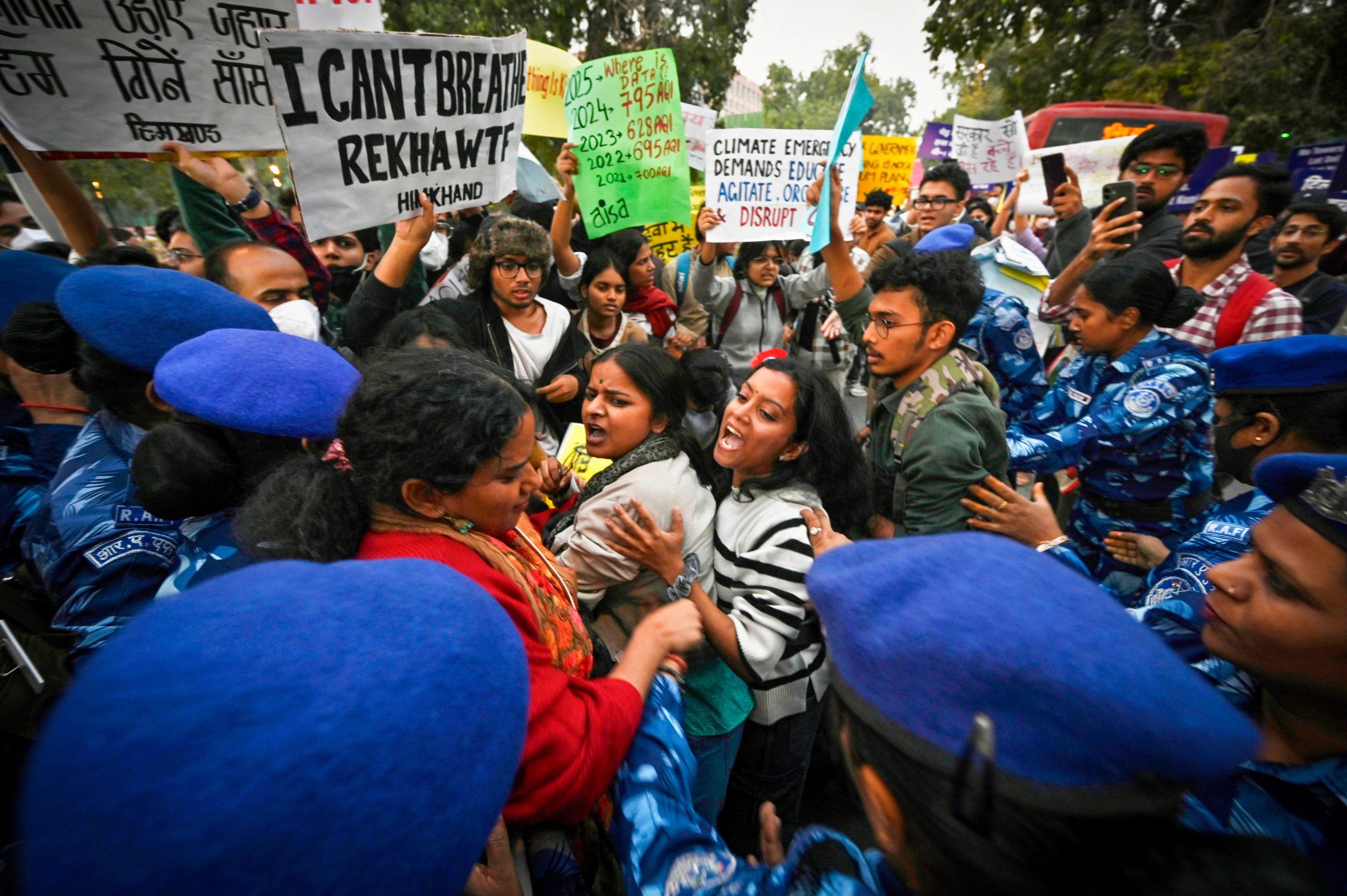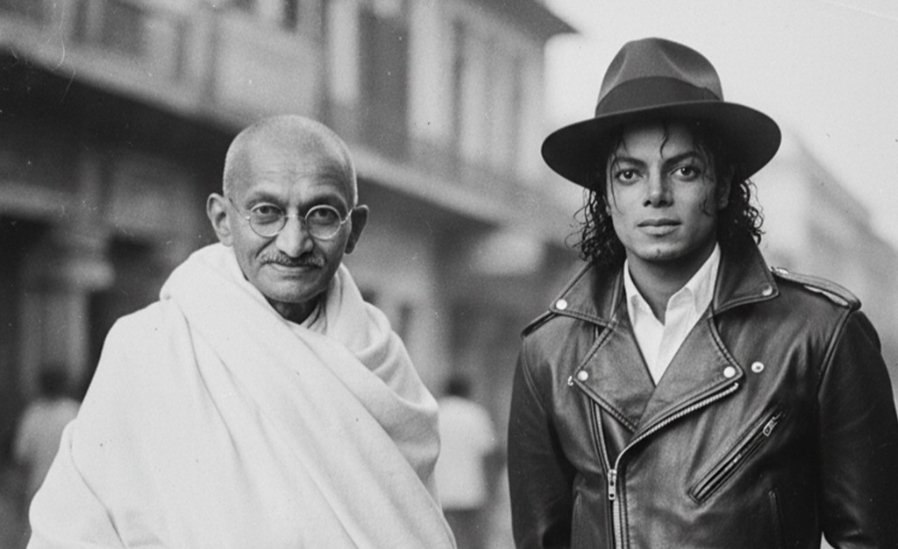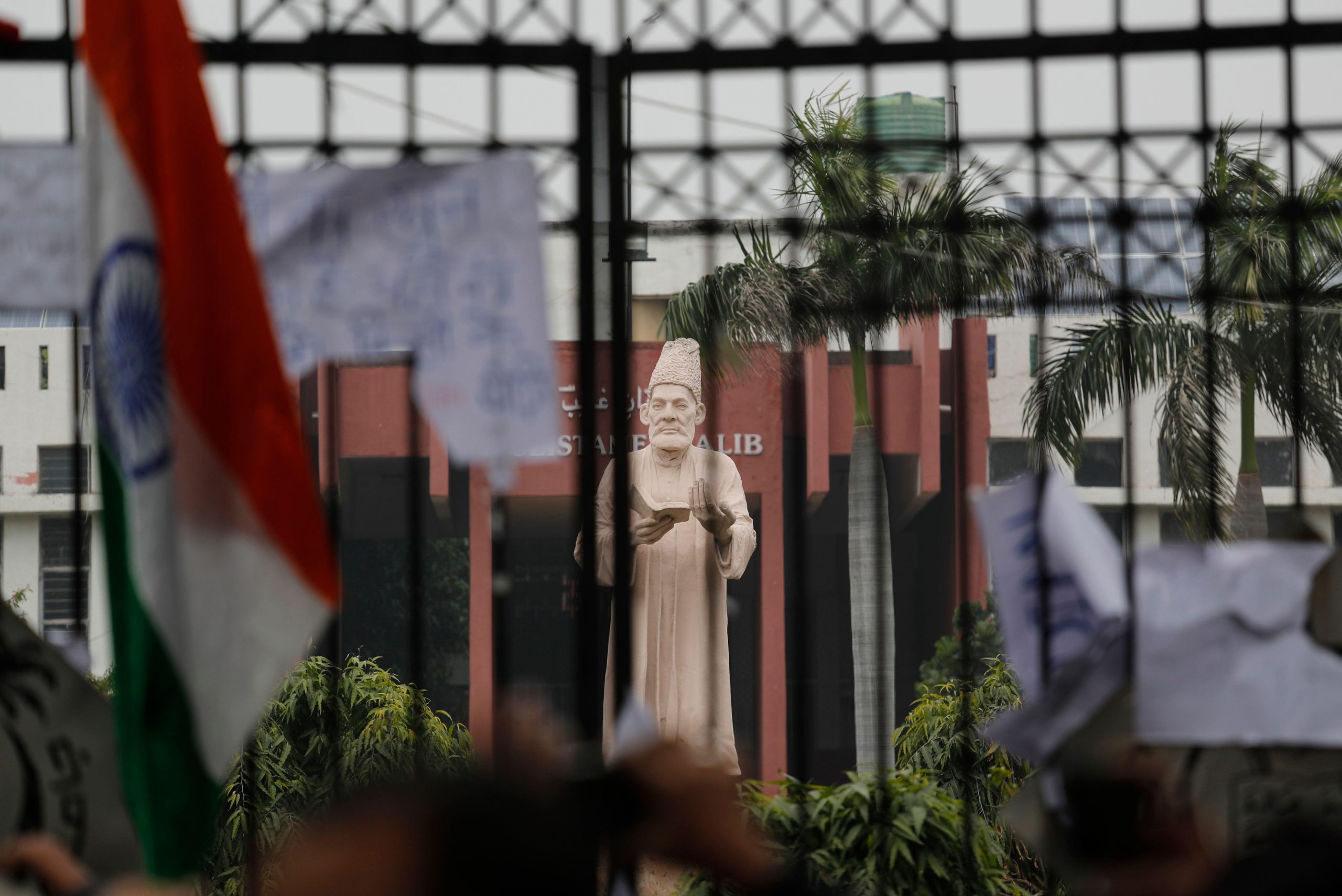CONTENTS
Introduction and Recommendations | 1. Online censorship | 2. Criminalisation of online speech | 3. Surveillance, privacy and government’s access to individuals’ online data | 4. Access: obstacles and opportunities | 5. India’s role in global internet debates | Conclusion
CONCLUSION
This paper has shown that despite its lively democracy, strong tradition of press freedom and political debates, India is in many ways struggling to find the right balance between freedom of expression online and other concerns such as security. While civil society is becoming increasingly vocal in attempting to push this balance towards freedom of expression, the government seems unwilling or unable to reform the law at the speed required to keep pace with new technologies, in particular the explosion in social media use. The report has found the main problems that need to be tackled are online censorship through takedown requests, filtering and blocking and the criminalisation of online speech.
Politically motivated takedown requests and network disruptions are significant violations of the right to freedom of expression. The government continues its regime of internet filtering and the authorities have stepped up surveillance online and put pressure on internet service providers to collude in the filtering and blocking of content which may be perfectly legitimate.
Despite numerous calls for change, the government has refused to reform the controversial IT Act. However, public outrage and protests against abuses of the law have multiplied since 2012. Civil society and political initiatives against this legislation have increased and demands for new transparent and participatory processes for making internet policy have gained popular support.
Technical means designed to curb freedom of expression, arguably to achieve political gain, have no place in a functioning democratic society. While government efforts to expand digital access across the country are promising, these efforts should not be undermined by disproportionate and politically motivated network shutdowns.
While it is to be welcomed that India is taking a more vocal part in the global internet governance debate in favour of the multistakeholder approach, it is essential it ensures its own laws are proportionate and protect freedom of expression in order for the country to have the most impact in this debate.
RECOMMENDATIONS
To end internet censorship and provide a safe space for digital freedom, Indian authorities must:
• Stop prosecuting citizens who express legitimate opinions in online debates, posts and discussions;
• Revise takedown procedures, so that demands for online content to be removed do not apply to legitimate expression of opinions or content in the public interest, so not to undermine freedom of expression;
• Reform IT Act provisions 66A and 79 and takedown procedures so that content authors are notified and offered the opportunity to appeal takedown requests before censorship occurs;
• Stop issuing takedown requests without court orders, an increasingly common procedure;
• Lift restrictions on access to and functioning of cybercafés;
• Take better account of the right to privacy and end unwarranted digital intrusions and interference with citizens’ online communications;
• Maintain their support for a multistakeholder approach to global internet governance.
CONTENTS
Introduction and Recommendations | 1. Online censorship | 2. Criminalisation of online speech | 3. Surveillance, privacy and government’s access to individuals’ online data | 4. Access: obstacles and opportunities | 5. India’s role in global internet debates | Conclusion
This report was originally posted on 21 Nov 2013 at indexoncensorship.org




